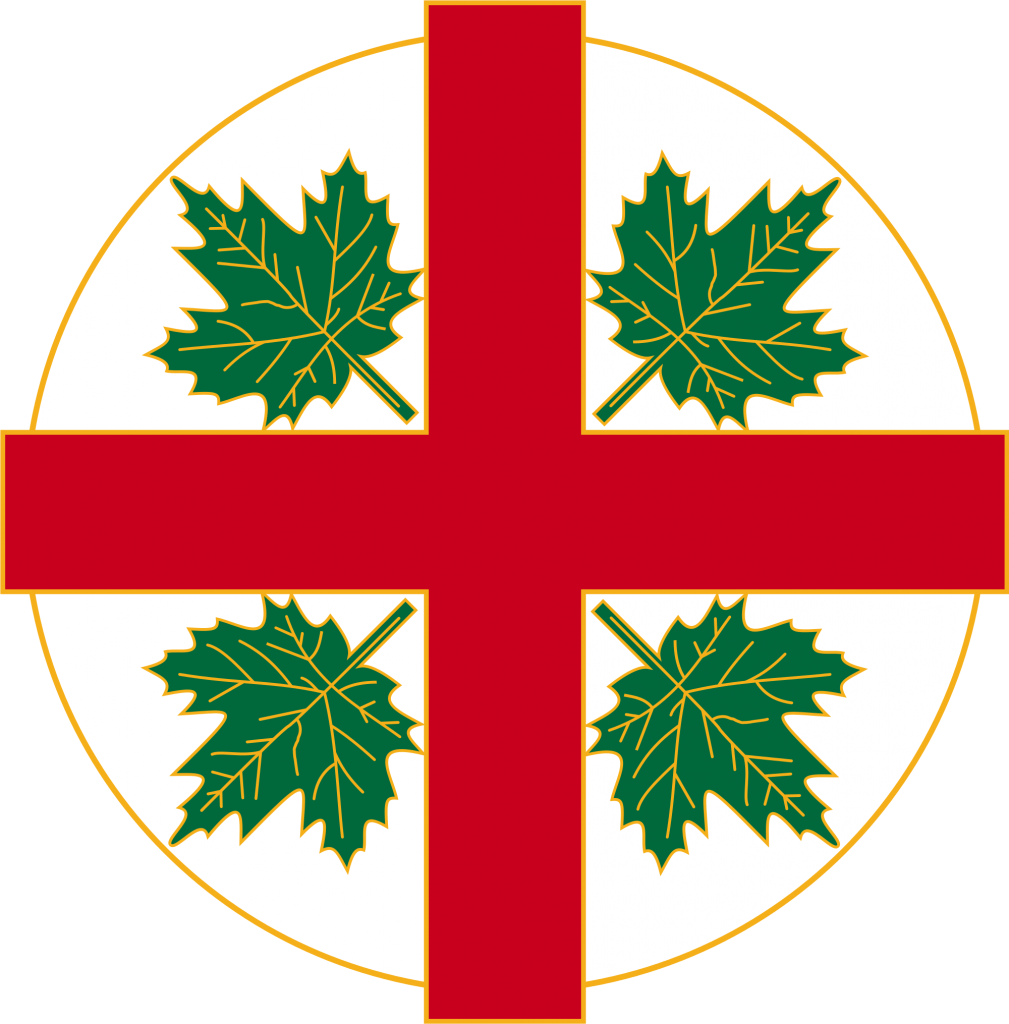The Archbishop and Primate of the Anglican Church of Canada released the following announcement on Tuesday, September 22:
Dear Friends in Christ,
Today the Council of General Synod received The Report of The Commission on The Marriage Canon. The report is very comprehensive and reflects the commitment of the members to address General Synod 2013’s Resolution C003 in its fullness.
You will recall that the resolution requested consideration as to whether the proposal for amending The Marriage Canon would contravene The Solemn Declaration of 1893; and called for a theological and biblical rationale for the blessing of same sex marriages. The Commissioners take us into a deep exploration of the theology of marriage and present several models for understanding same sex marriage. In accord with the request in Resolution C003 for broad consultation throughout the Church the report includes a succinct summary of feedback received from Anglican Communion and ecumenical partners.
On behalf of the whole Church, I want to thank the Commissioners for the diligence with which they went about their work and fulfilled the mandate given them by The Council of General Synod. They have laboured long and produced a fine report which will be a valuable resource to the Church.
In commending it for widespread study, I pray we be guided by the wisdom of the Spirit’s leading in our preparation for conversations at General Synod 2016.
Fred J. Hiltz
Archbishop and Primate
From the report:
The approach we wish to take is thus recognizably Anglican in two important ways: first, while Scripture bears the final authority for the church, it does not do so apart from interpretation and application. No reading of scripture is “uninterpreted” apart from reason and tradition. No reading of Scripture can be abstracted from the life of the church and its struggle to embody the Gospel. Second, it recognizes Scripture as a text read (or perhaps better “performed”) primarily in community, in the context of the liturgy, rather than a text read privately in the context of one’s personal devotions.
The Commission’s presentation explained the process of developing the report:
[Commissioner Dr. Patricia Bays] discussed the results of the consultation, which saw 223 submissions on the proposed changes to the marriage canon from 26 dioceses. The commission in particular had sought opinions about matters such as the Solemn Declaration and conscience clause. It received reports from men and women, young and old, lay and clergy, gays and lesbians, Indigenous communities, theological colleges, dioceses and parishes, and ecumenical partners.
…and explored the report from perspectives of communion, theology, diocese and parish disagreement, law and the definition of marriage:
[Commissioner Dr. Paul Friesen] highlighted an approach to Scripture that was “neither fundamentalist nor liberal, but Anglican,” in which Scripture was at the centre of a series of concentric circles—the first circle being tradition (community) and the second being reason (interpretation). The relationship between Scripture, tradition and reason is dialectical and interpenetrating; sometimes one aspect challenges another, and sometimes one helps us understand another.
Moving onto the question of how to define marriage, commissioner Dr. Stephen Martin used the current marriage canon as a starting point and the declaration of intent from couples about to be married. From these two sources he extracted five main aspects of marriage:
• Permanence—a lifelong union, for better or for worse;
• Monogamy—an exclusive union to the exclusion of all others;
• Faithfulness—a union characterized by mutual faithfulness;
• Covenant—a covenant with God, who creates the marriage bond; and
• Purpose—mutual support, procreation if it may be, and sexual expression.Dr. Martin emphasized that the commission’s mandate is not to change this definition, but to see whether it may be expanded or opened up to include same-sex relationships without distorting its character.
This effort, he added, was not a question of “subversive liberals” trying to gain a hold of the church, or of the Anglican Church pandering to a particular constituency or culture, but because of what had been articulated by the church’s own LGBTQ members and the response of General Synod.
The resolutions call for a change in the language of Canon XXI (On Marriage in the Church) to gender-neutral, and provides an opt-out clause “which allows bishops, clergy, congregations and dioceses to refuse to solemnize same-sex marriages on the basis of conscience,” reports the Anglican Journal. The resolution will go before the General Synod for a vote in 2016:
In order for the resolution to be adopted, it must be accepted by a two-thirds majority at two consecutive General Synods, at which point it would become law on the first of January of the following year. By this calculation, the resolution could not be adopted before January 2020.

